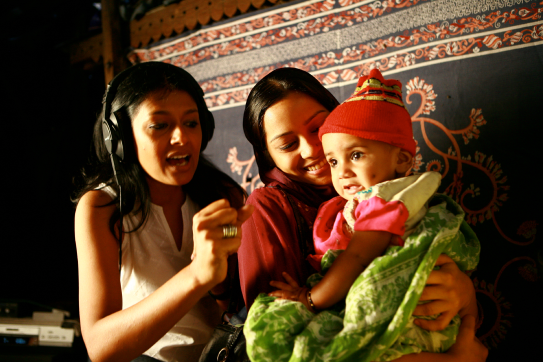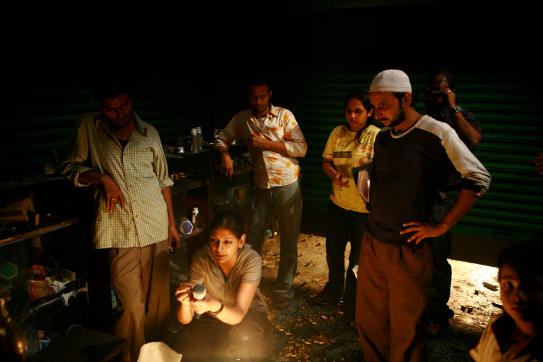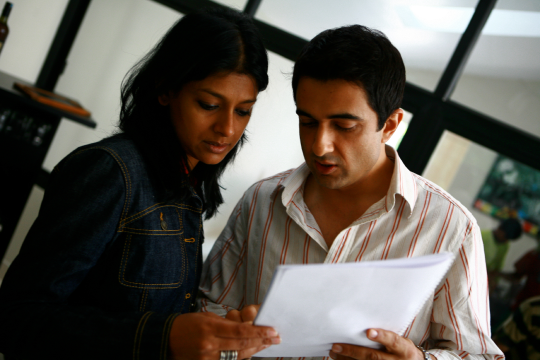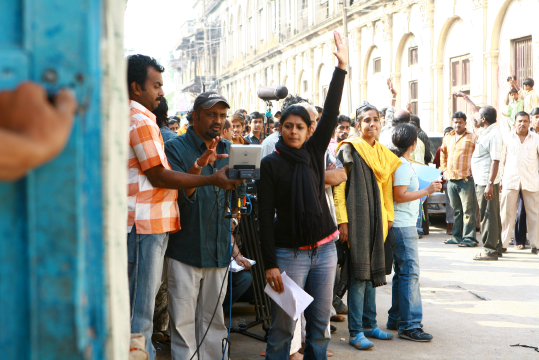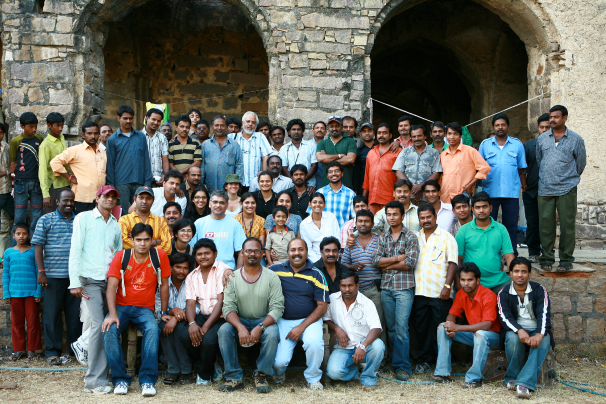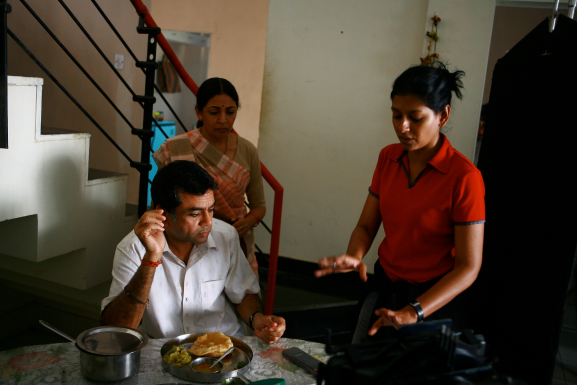Borderline perceptions
- December 1, 2013
I am writing this as I leave the Wagah border after two glorious days in Lahore. I was there for a conference called the South Asia Conclave that explored ‘The Power of Collaboration’. But the conclave seemed mostly an Indo-Pak summit given that more than 80 delegates were from India and barely five from other South Asian countries. But they must have rightly thought that the collaboration between Pakistanis and Indians is what will probably have more impact on the entire region.
As I engaged with some of the Indian delegates who were traveling to Pakistan for the first time, I remembered my own first trip in 1996. I had come with Kuldip Nayar and others, as part of SAHR (South Asians for Human Rights). I remember I had gone expecting to be surrounded by beauteous chaste Urdu, and was almost disappointed to realise that most Lahoris actually spoke Punjabi! Since then many myths and preconceived notions have been busted.
On my eighth trip to Pakistan, I felt a bit like a veteran. Many of the delegates had been warned by their families about the dire consequences of going to the ‘land of terrorists’. But at Wagah when we were greeted by beaming young men and women with fragrant desi rose garlands, their defences started to drop. Thereafter the warmth and hospitality left no room for fears.
Sadly, some stories just do not seem believable even if every single person who has been to Pakistan recounts them. For too long and for far too many people our experience of Pakistan is second-hand-through the media and the rabble-rousing politicians. This creates a simplistic view of a monolithic Pakistan where all women cover their head, everyone is anti-India, most young men are terrorists and the civil society has little room for progressive thought or action. To counter this false perception, the only antidote seems to be to travel across the border to witness the affection they shower on Indians and their longing for peace and democracy. We, in India, tend to remember Pakistan only when it comes to cricket or terrorism, but they remember us much more warmly and holistically- for our common familial roots, our rapid economic growth, more sustained democracy, and, of course, Bollywood.
At the conclave, two young girls started chatting with me. They wanted to know about India, but mostly about Bollywood and the stars that inhabit those woods. Unfortunately, they were asking someone who was far less informed than they were. They could not stop dreaming about going to Amritsar, just an hour’s drive from Lahore. After hearing them gush so much, I could not help but ask, what they disliked about India. Looks were exchanged, and one of them awkwardly said, “We don’t like that Indians think we are the epicentre of terrorism.” I provocatively asked, “But isn’t it true?” She replied, “There are so few of them and you paint us all with the same brush? Also, aren’t we the biggest victims of terrorism? Don’t we get killed by bomb blasts, don’t we live in fear and don’t we suffer, too? Over 50,000 innocent Pakistanis have lost their lives to terror attacks in the past five years. How can we be the perpetrators and the victims at the same time?” Then, the other 18-year-old said with her vulnerable strength, “We don’t like being so hated. At least not by Indians.”
How could I explain to her how ignorant we are about Pakistan? How could I tell them that my repeated experiences there with the chanawala or the chaatwala, who refuses to take money because we were their mehmaan, were not going to change anything back home?
I have often cynically asked my Pakistani friends if the affection is reciprocated on our side of the border. I am always surprised when they say yes. But it is a relief to know that I, too, am a victim of a perception, as the reality is far more hopeful.

